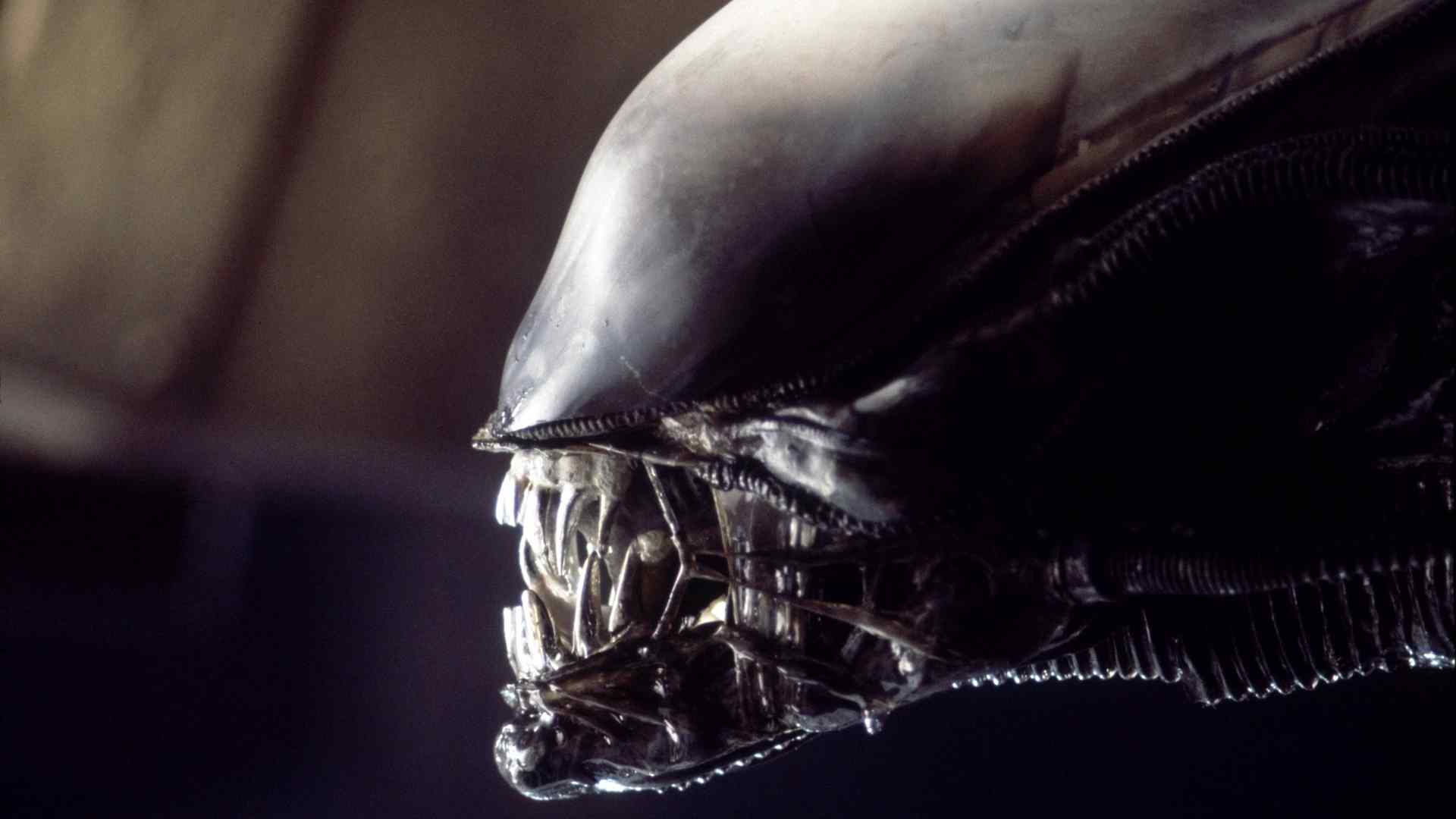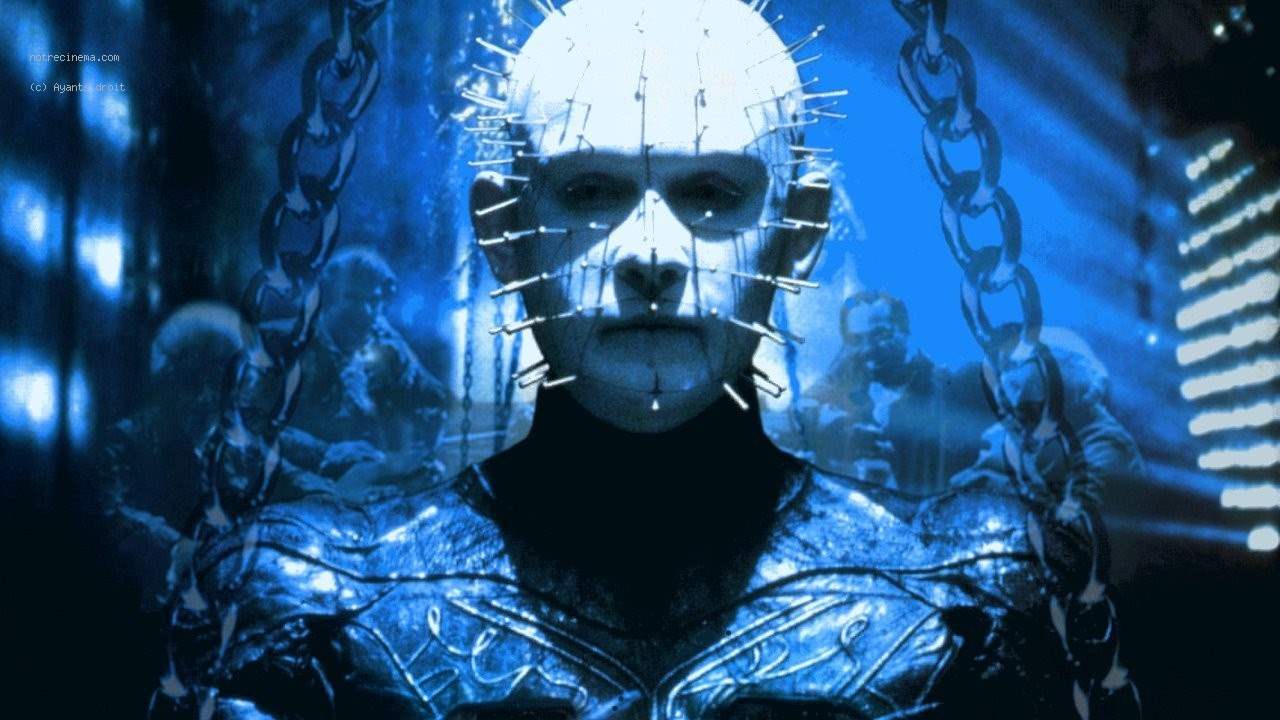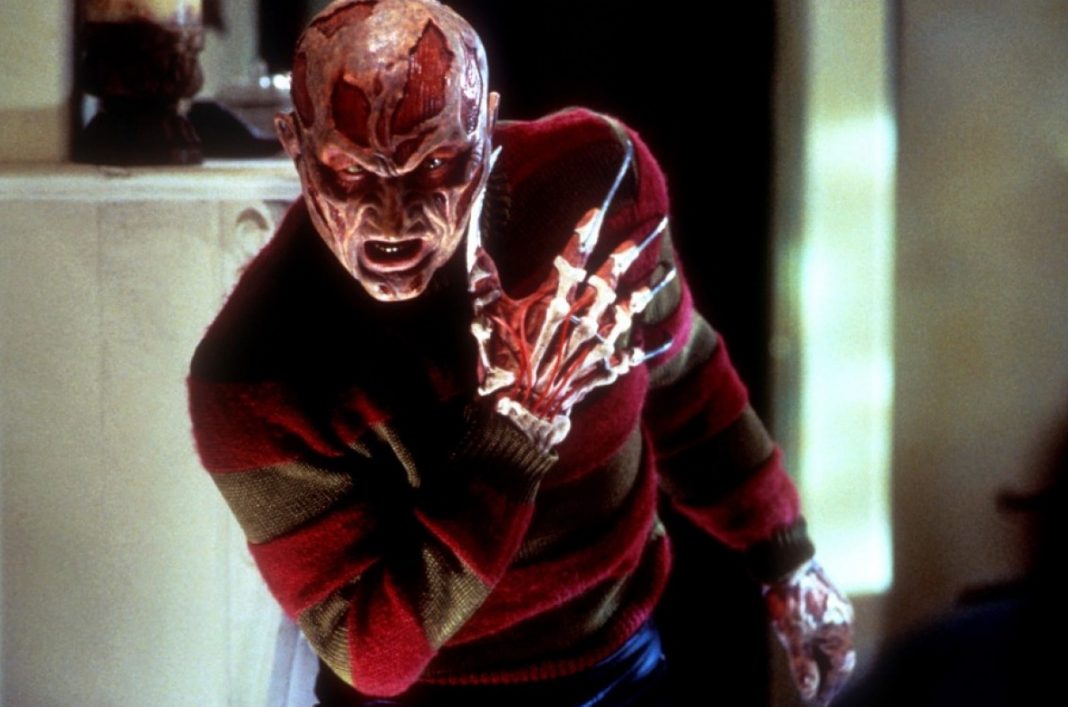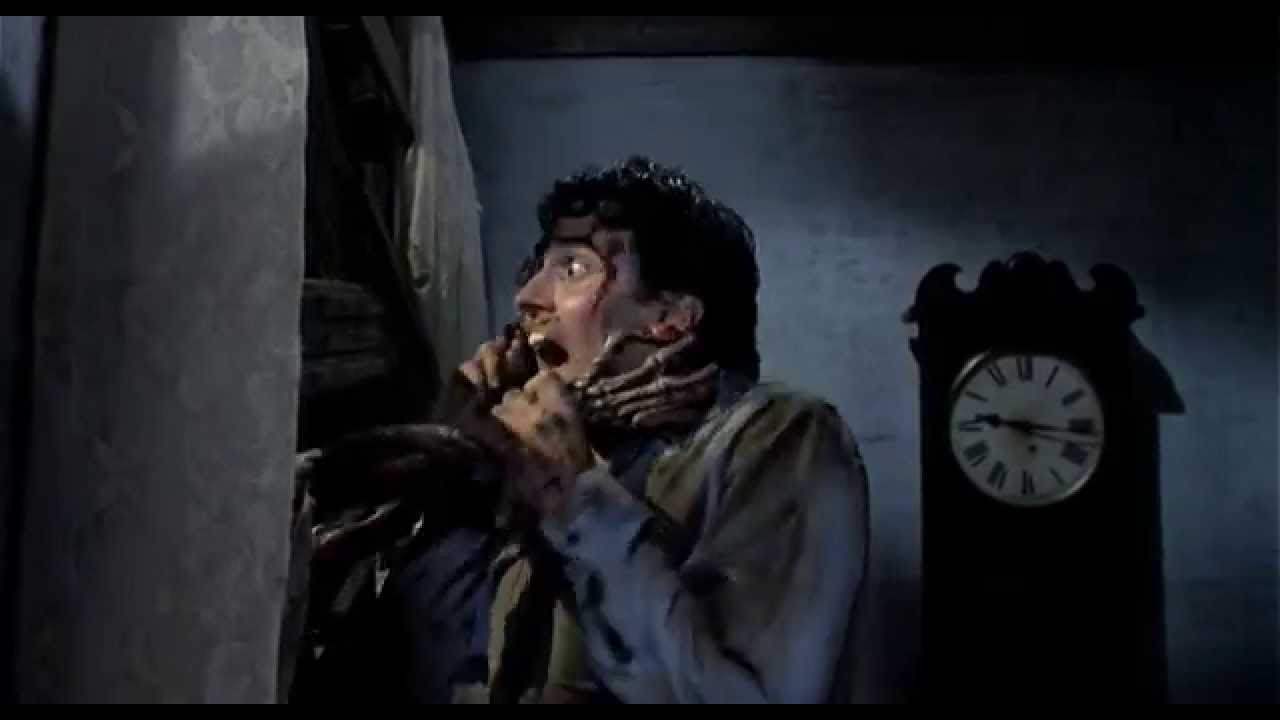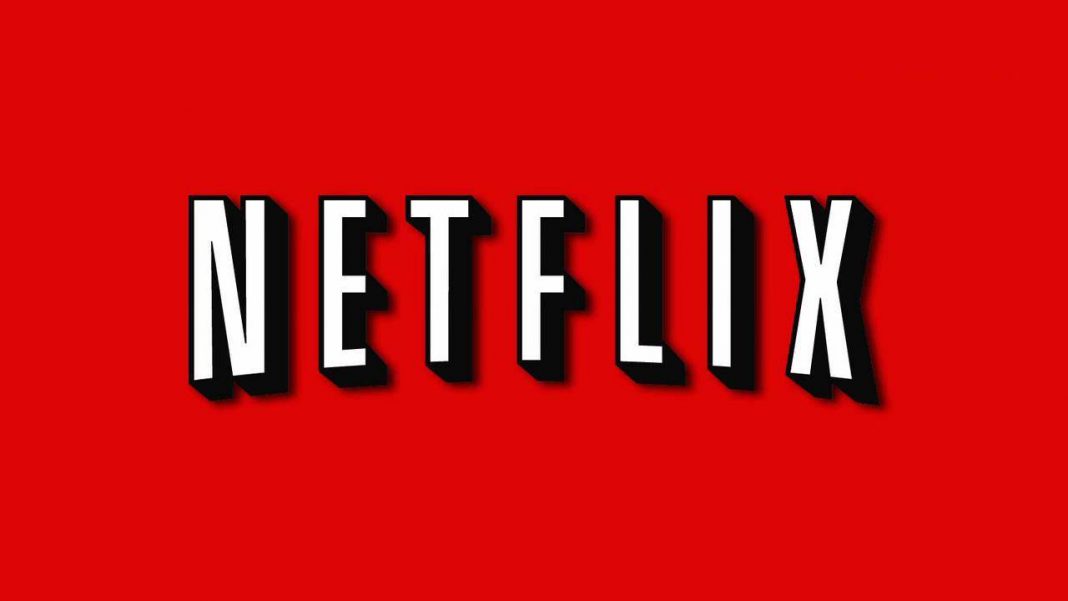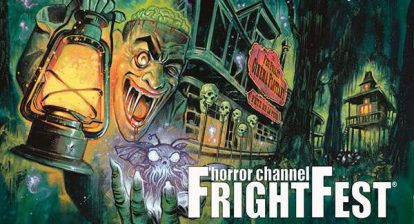Since the massive success of Marvel’s The Avengers, every studio and franchise is trying to capitalize on its model for success. What Marvel did with its movies leading up to Avengers was unprecedented. Now it’s something that everyone wants a piece of. Even single franchises like Spider-Man are looking to expand out into different properties and spinoffs and create massive crossover efforts. It’s effecting horror too. Universal announced their Cinematic Universe beginning with Dracula Untold that would include new versions of The Mummy, Frankenstein and Van Helsing as well. The most puzzling thing about this one is that the Universal monster movies were all connected back in the 1940’s and they didn’t have to try terribly hard to do it. They didn’t plan for years as to how each franchise would be combined in an event movie like Abbot and Costello Meet Frankenstein. It just happened.
But are there some titles that would actually benefit from this model? Yes, actually, I think so. Even though it probably won’t benefit most of the franchises that are trying to adapt this model, there are properties that have existed for years that might have been waiting for something like this to come along. For example, things like:
The New Line House of Horror
New Line House of Horror was a marketing term coined by New Line Cinema a few years back as a collective banner to house three franchises: Friday the 13th, A Nightmare on Elm Street and The Texas Chainsaw Massacre. Each new novel or comic book would be printed with this icon on it. What would have been truly fantastic is if that had translated to film. Now, obviously Freddy vs. Jason was made and was a huge success. That should only prove the need for a model like this to firmly establish the three franchises as one universe. I’m not saying we should only have sequels to Freddy vs. Jason but now that we know that they exist in the same time and space, why not put in some Easter Eggs and references to the other series. There are lots of ways to do it without making a big crossover effort each time. Characters who survive a Friday the 13th could die in the next Nightmare on Elm Street, and vice versa. Maybe a teenage character in a 70’s-set Texas Chainsaw Massacre can be a parent in a present-day Friday the 13th. Then, after a few films establishing a lived-in world, there could be another big crossover effort. Admittedly, this was a lot easier a few years ago before New Line folded. While those movies were still under the Warner Bros. banner for a bit, the rights for each franchise may now be up in the air and it’s hard to say who still owns what at this point.
With the major resurgence in vampire movies over the past few years, it’s surprising that the works of Anne Rice didn’t make a major comeback. If The Vampire Chronicles were to be revisited, this would be the way to do it. Overall, it’s not a totally consistent series. Some books continue an overreaching narrative and some books are centered on a specific character. But if they were branched out into a cinematic universe, you could have Tale of the Body Thief and Memnoch the Devil in development and have things like The Vampire Armand going on at the same time. In a weird way Rice’s books almost feel written toward this model so it would be a smart thing for the movies to adapt moving forward.
Many fans hated Ridley Scott’s Prometheus, mainly due to the fact that it was originally promised as an Alien prequel and then turned out not to be one, but also because it was full of plot holes and made no sense. Scott also seems dead-set on making more sequels to Prometheus that are just as loosely connected to the Alien mythology. Meanwhile, Neil Blonkamp makes gorgeous concept art for an Alien movie that will never see the light of day. But if Fox could establish a cinematic universe for the franchise then we could have actual Alien sequels while Ridley Scott does his own Prometheus thing at the same time. It would be a really easy way to solve the problem. They wouldn’t have to reference each other all the time, but the Alien references in Prometheus would be much easier to swallow if we weren’t all afraid that they’re the only Alien-related things we’ll ever see on the screen again.
It seems strange to consider a universe of connected films from the mind of Clive Barker, but anyone familiar with his writing knows how well it could work. If anything, this will be proven by Barker’s upcoming novel, The Scarlet Gospels, due out this May (Look for our review in the coming months). For anyone unfamiliar, this is a book that Barker has been writing for over fifteen years that will bring a definitive end to Pinhead and the Hellraiser mythology. The protagonist of this book will be detective Harry D’Amour, the lead character of Barker’s film Lord of Illusions. In addition to that film and the story on which it is based, D’Amour has also appeared in Barker’s novels The Great and Secret Show and Everville. Most recently, he has popped up in the pages of the Hellraiser comic book series. Speaking of comics, during the 1990’s run of Hellraiser, there was a graphic novel called Jihad that depicted a religious war between the Cenobites and the Nightbreed. While it’s no stretch to imagine a film adaptation of Scarlet Gospels, any of these possibilities would be great to see on the screen.
Anyone who has read more than a couple of Stephen King book is aware of how interconnected the author’s stories are. Everything references something else. For years, the film adaptations have suffered because—in many cases—they have had to take things out in order to sever connections to other works. For example, Ace Merrill—the bully in Stand by Me—is a pretty major player in Needful Things, but that character had to be cut out of the movie. Merrill also spent some time in Shawshank prison. Derry, the fictional town that is the setting for It, has appeared in multiple features as well. There are hundreds of other connections in the author’s huge body of work. The Dark Tower series is the ultimate, though. It’s the spanning epic horror/fantasy that ties all of these worlds together. Randall Flagg, chief antagonist of The Stand serves as a major villain in the series, which would make the upcoming film version of that novel the perfect starting point for a Stephen King cinematic universe. So many of these characters have been played by different actors from film to film that it would finally be nice to see some familiar faces start returning.





